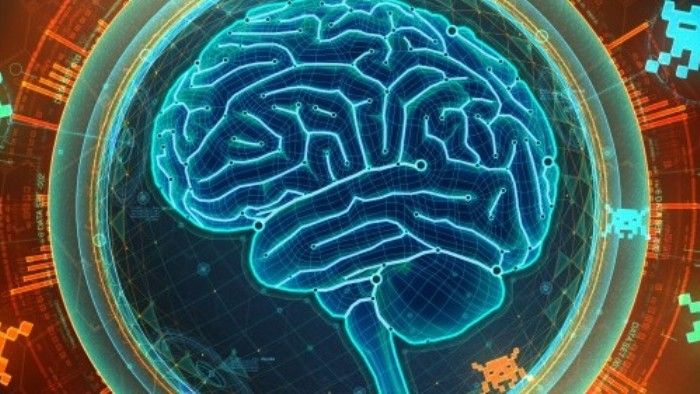Jun 23, 2015
The Feasibility of Interstellar Propulsion
Posted by Benjamin T. Solomon in categories: cosmology, defense, disruptive technology, general relativity, gravity, innovation, particle physics, philosophy, physics, policy, quantum physics, space travel
Recent revelations of NASA’s Eagleworks Em Drive caused a sensation on the internet as to why interstellar propulsion can or cannot be possible. The nay sayers pointed to shoddy engineering and impossible physics, and ayes pointed to the physics of the Alcubierre-type warp drives based on General Relativity.
So what is it? Are warp drives feasible? The answer is both yes and no. Allow me to explain.
The empirical evidence of the Michelson-Morley experiment of 1887, now known as the Lorentz-FitzGerald Transformations (LFT), proposed by FitzGerald in 1889, and Lorentz in 1892, show beyond a shadow of doubt that nothing can have a motion with a velocity greater than the velocity of light. In 1905 Einstein derived LFT from first principles as the basis for the Special Theory of Relativity (STR).
So if nothing can travel faster than light why does the Alcubierre-type warp drive matter? The late Prof. Morris Klein explained in his book, Mathematics: The Loss of Certainty, that mathematics has become so powerful that it can now be used to prove anything, and therefore, the loss of certainty in the value of these mathematical models. The antidote for this is to stay close to the empirical evidence.
Continue reading “The Feasibility of Interstellar Propulsion” »
















